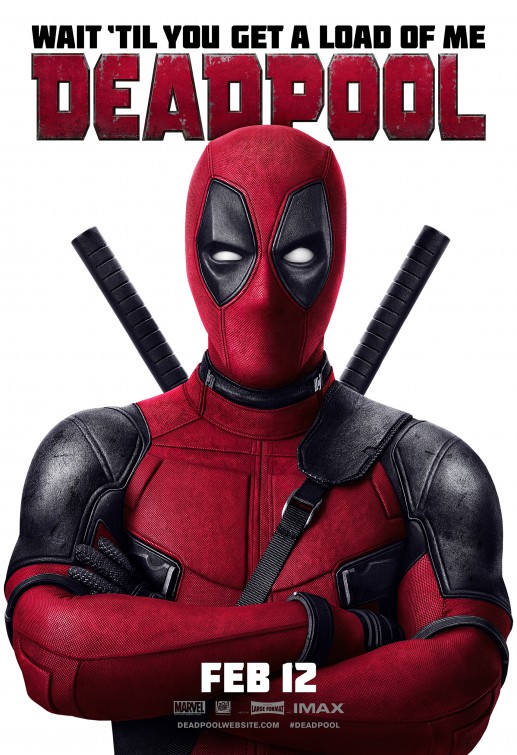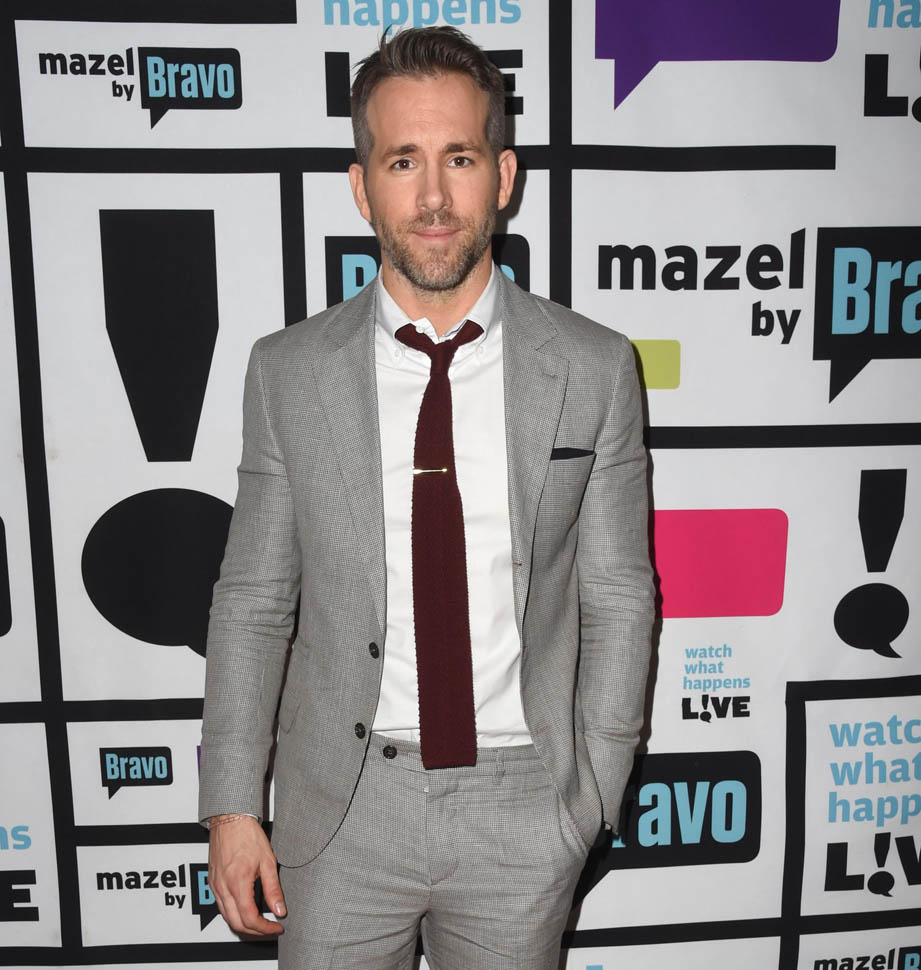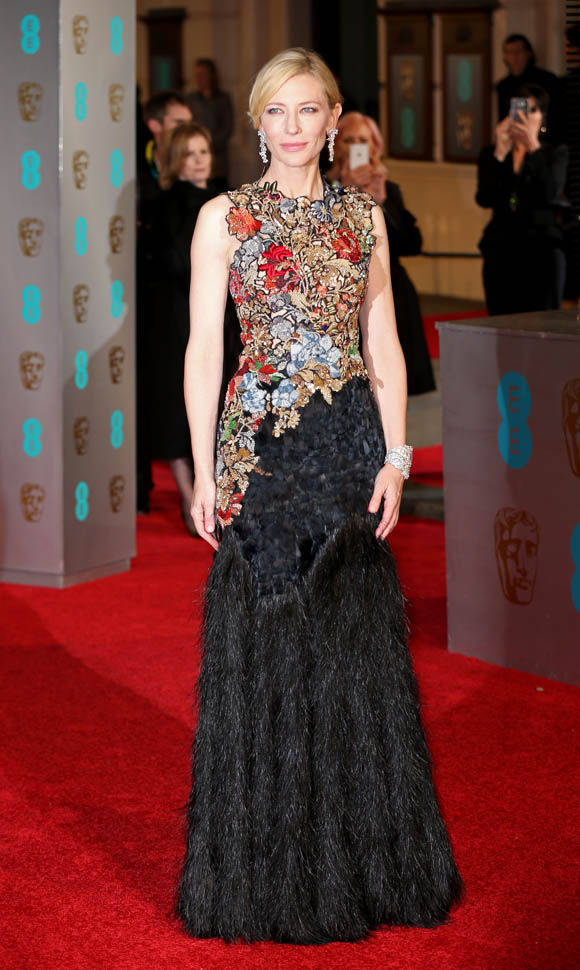Ryan Reynolds in Deadpool



The mistake in talking about Deadpool is to think that it is in any way subversive of the superhero genre—it isn’t. A long-gestating passion project for producer and star Ryan Reynolds, Deadpool is thoroughly a superhero movie, and a pretty conventional origin tale. Further, it overindulges in the snarky, glib-bordering-on-smug tone honed in the Marvel Studios-produced Avenger movies, so even though it is not part of that universe but is in fact part of Fox’s X-Men universe, Deadpool leans heavily on expectations created by the other Marvel superhero movies. It has more in common with Guardians of the Galaxy than it does any X-Man movie, despite the presence of two X-Men and frequent references to Wolverine.
Deadpool is, however, meta as f*ck. Thanks to a fourth wall-breaking convention in which Deadpool, aka Wade Wilson (Reynolds), narrates the movie and directly addresses the audience, the movie keeps up a running commentary on itself and the superhero genre at large. It doesn’t break any of the rules of the formula, but it does acknowledge and mock them, down to identifying characters in the opening credits as “Hot Chick”, “British Villain”, and “CGI Character”. It also solves the origin-movie problem of taking f*cking forever to get to the part everyone likes—the hero powered up and kicking ass—by intercutting the present-day story of Deadpool’s revenge quest with past-tense scenes showing how special forces soldier turned mercenary Wade Wilson gains his powers and becomes Deadpool. This way we get right into the action.
All of which is solidly directed by Tim Miller (co-founder of the VFX house Blur Studio), making his feature film directorial debut. With a “nothing but the necessities” budget of $58 million, Miller doesn’t have the resources to stage the kind of blow-out action sequences we’re used to in superhero movies, but you don’t really notice the lack of fireworks. The opening sequence in which Deadpool ambushes a motorcade is very fun and cool, and thanks to the intercutting structure, we get to keep coming back to it in pieces in the first half of the movie. (The final action set piece takes place on a junked helicarrier, which is interesting, given the testy relationship between Fox and Marvel Studios.)
Instead of relying on spectacle, Deadpool lives and dies by its lead, and Ryan Reynolds more than delivers. If you don’t like his jokey sarcastic schtick, you will not enjoy this movie, because it is 97% made up of Reynolds’ jokey sarcastic schtick. But beyond that, he also delivers on the man under Deadpool’s mask, Wade Wilson. It’s a minor bummer we don’t get to spend more time with Wade, because Reynolds nails the combination of Wade’s swagger and the weight he carries from the things he’s done. And we’re clearly missing a scene between Wade receiving his cancer diagnosis and Wade going off the deep end, because he seems like pretty much the same guy post-Deadpool, except he’s suddenly stopped caring about killing people.
Terminal cancer is what drives Wade to sign up for a risky underground project in which he’s tortured until his latent mutant genes activate, thereby saving his life. He’s really lucky that his mutation turns out to be healing and regeneration, and not like, flight or invisibility, or something else that would in no way affect his ability to have cancer. But as it turns out, Wade can heal any injury, including being stabbed in the brain and loss of limbs, and the movie mines some decent body horror out of Wade’s various injuries.
And also his transformation, which leaves him badly scarred and desperately searching for a way to transform back into his handsome face so he can go home to his sweetheart, Vanessa (Morena Baccarin). Vanessa is your standard hooker with a heart of gold, and she’s pretty salty, and Baccarin is spunky and fun in the role. It’s unfortunate, then, that Vanessa disappears through the middle of the movie, and is left with very little to do at the end except be a damsel in distress. Maybe Deadpool 2 can make better use of her.
Overall, though, Deadpool is not terribly interested in character or story, so much as cramming as many jokes into the movie as possible. Not all of them work—there’s a Spin Doctors joke that feels really out of date—but most skate by on Reynolds’ charm and sheer force of will. Deadpool is breezy and fun and more jokes land than not, and it openly derides the usual moralizing of superhero movies, instead gleefully pursuing brains-splattering violence and profanity. Despite the R rating it’s a pretty juvenile movie, but it’s also f*cking fun.

